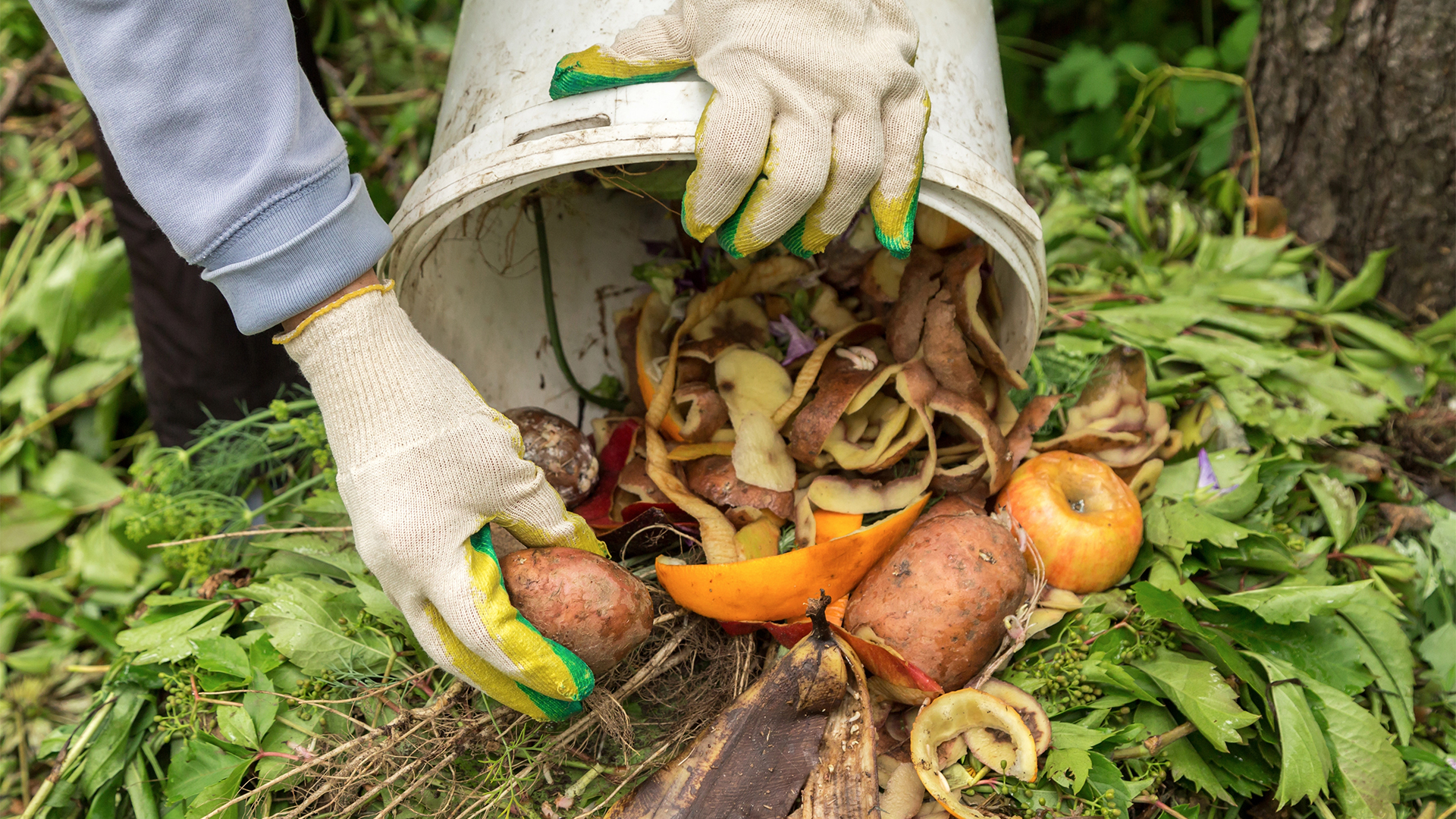Benefits and Steps of Composting
05 Aralık 2024In today’s world, where natural resources are depleting rapidly, environmentally friendly methods are becoming increasingly important. Composting emerges as a sustainable solution that contributes to solving environmental issues both individually and socially. By recycling organic waste, this natural fertilizer enhances soil fertility while playing an effective role in waste management.
In this article, we explore in detail questions such as "What is compost, how is it made, and why is it important?"
What is Compost?
Compost is an organic fertilizer formed by the natural decomposition of plant-based and animal waste in an oxygen-rich environment. This process results in nutrient-rich material through the breakdown of organic waste. Unlike chemical fertilizers, compost is entirely natural and has no harmful effects on the environment. Therefore, it is widely used both in home gardens and agricultural fields.
What are the Benefits of Compost?
- Enhances Soil Quality:
Compost improves soil structure and supports healthier plant growth. Its nutrient-rich composition also nourishes soil organisms. - Recycles Organic Waste:
Composting prevents food scraps, garden debris, and other organic materials from being sent to landfills. Composting organic waste not only saves resources in waste management but also reduces environmental pollution. - Increases Water Retention Capacity:
Compost increases the soil’s ability to retain water, reducing the need for frequent irrigation. This contributes to water conservation. - Reduces Carbon Footprint:
While chemical fertilizer production requires significant energy, compost fertilizer is obtained entirely naturally. This helps lower the carbon footprint. - Offers Economic Advantages:
Using compost instead of chemical fertilizers provides cost savings for individuals and businesses alike.
Key Considerations for Composting
To achieve successful results in composting, certain principles must be followed:
- Material Selection: Use the right waste. For example, fruit and vegetable peels, coffee grounds, and other green waste should be combined with dry leaves, branches, and other brown waste.
- Ratio: Maintain a mix of 60% brown waste and 40% green waste in your compost pile.
- Moisture: The pile should be slightly moist. A pile that is too dry slows the process, while an overly wet pile can cause bad odors.
- Aeration: Regularly turning the compost pile ensures proper oxygen flow and speeds up decomposition.
Steps for Composting
- Prepare Your Materials
Identify the materials you’ll use for composting. Green waste like fruit and vegetable scraps, tea leaves, and eggshells are rich in nitrogen. Brown waste like branches, dry leaves, and sawdust provide a carbon source.
- Choose a Composting Area
Select a suitable spot in your home or garden for composting. In small spaces like balconies, you can use enclosed compost bins. For larger areas, the open pile method is suitable.
- Layer the Materials
Start by layering your compost materials. Place one layer of brown waste followed by a layer of green waste. This arrangement helps maintain the right balance.
- Monitor Moisture and Airflow
Turn the compost pile every 2–3 days to increase oxygen flow, which aids the microorganisms in breaking down the materials. Check the moisture level of the pile; if it’s too dry, lightly water it.
- Maturation Period
Compost usually matures in 2–3 months. At the end of this period, you’ll have dark-colored, pleasant-smelling, soil-like material.
Tips for Composting at Home
- Prevent Odors: Avoid adding meat, dairy products, or similar materials to the compost pile, as they can cause unpleasant smells.
- Choose the Right Container: For small spaces like balconies, use a ventilated compost bin.
- Smaller Pieces: Cut or shred your waste into smaller pieces to speed up decomposition.
Who Can Compost?
Composting is a practice that can be done by anyone, whether in urban or rural areas. What starts as a small project at home can be expanded to farms or large-scale operations. Composting should also be encouraged in schools, hospitals, and restaurants.
Our Composting Initiative
At Biotrend Energy, we aim to utilize compost production activities by repurposing park and garden waste collected by municipalities for environmental landscaping and urban planning projects. This process includes the physical sizing and blending of collected waste, followed by processing the raw materials based on their type to produce finished compost.
Conclusion
We’ve covered the questions "What is compost, how is it made, and what are its benefits?" in detail. Composting is one of the most effective ways to contribute to nature while managing waste. It enriches the soil, protects the environment, and eliminates the need for chemical fertilizers. By trying this sustainable method, you can make a positive impact on both your budget and the planet.
Remember, taking one step closer to nature is in our hands for a sustainable future!





